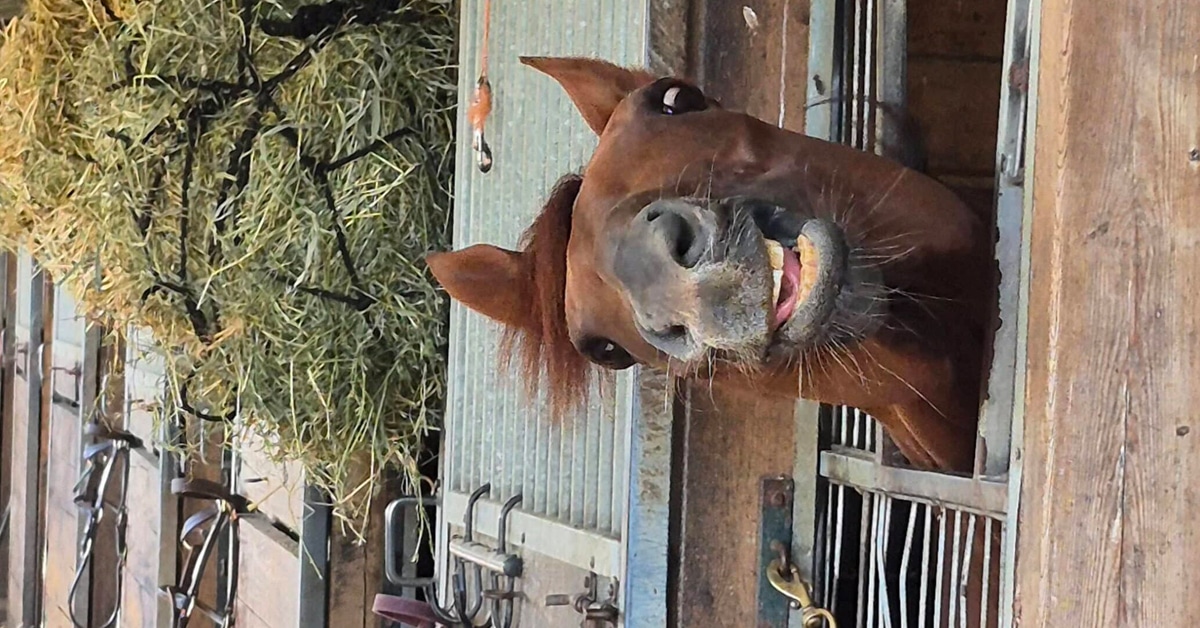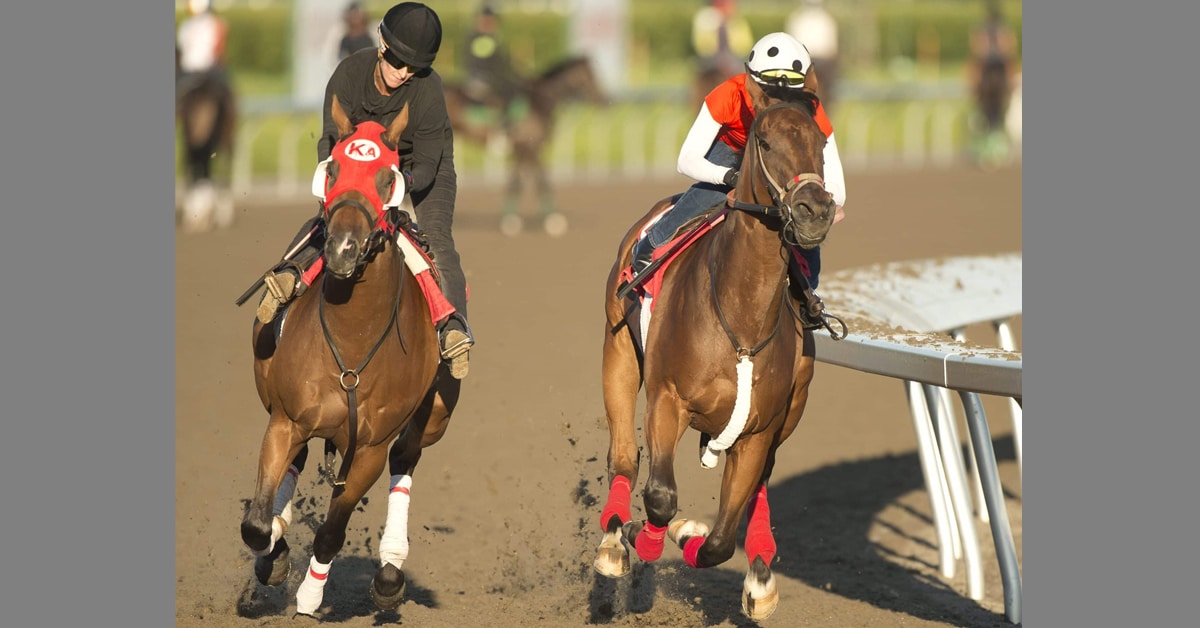Equine Canada’s Health and Welfare Committee is sharing an update on the EHV-1 status in the Western Provinces from a conference call June 13. Participants included the Chief Provincial Veterinarian, members of Alberta Veterinary Medical Association, faculty from the University of Calgary Veterinary Medicine, provincial animal laboratory veterinarians and local equine practitioners.
There has been one new case of nEHV-1 reported since the last telephone conference call on June 8th, 2011.
To date the reported positive cases of nEHV-1 in Alberta are as follows (all reported in previous updates):
• One neurological case (now recovered) first found positive at the start of May
• Four positive cases, including the one newly reported case, which is considered a delayed testing scenario rather than a secondary spread of the disease. This new case and the three others are experiencing mild respiratory signs/fever and are all now recovered.
• Four horses who tested positive (using PCR or Polymerace Chain Reaction testing), but are showing no clinical signs
• One neurological case who is responding well to treatment that attended cutting events in Alberta
• One neurological case in Northern Alberta that was at the cutting competition in Lloydminster
To date suspect cases of nEHV-1 in Alberta are as follows (all reported in previous updates):
• One previously reported neurologic case. The mild neurological signs are almost resolved and the horse remains under quarantine. To date testing has been negative.
• The second suspect with mild neurological signs in Northern Alberta that was at the cutting competition in Lloydminster (reported in last update) remains on the suspect list.
• Neurological suspect case from Central Alberta was euthanized due in part to complications with previous, significant medical conditions. Testing remains pending.
• One suspect respiratory case is at the same premises as the new positive reported case (mentioned in the second bullet noted in the reported positive cases above).
The one confirmed and one suspect case both are from a cutting horse barn that had horses at the Ogden, Utah show.
No new cases have been reported by the Saskatchewan or British Columbia laboratories in attendance on the conference call. nEHV-1 cases are not required to be reported to the provincial government in these provinces therefore we have limited information on cases.
IMPORTANT—Releasing horses from quarantine:
It has come to the attention of the veterinarians that one of the horses that had mild respiratory signs and fever that initially tested positive for nEHV-1 was recently retested positive for nEHV-1 on nasal swabs prior to being released from the 21 days of quarantine. In light of the potential for prolonged shedding of the virus, it is now the recommendation of the veterinarians involved on the call, all horses that tested positive for nEHV-1 be retested (and confirmed negative) prior to release from quarantine regardless of the time spent in quarantine. This need for testing has been confirmed in the most recent conference call.
It appears that all of the cases and suspected cases remain in horses associated with the cutting horse industry. To address concerns for the upcoming cutting horse competitions, the group has created a list of recommendations for organizers of cutting horse competitions which is available at www.mooreequine.ca/documents/cutting_show_recommendations.pdf. All other disciplines outside of the cutting industry continue at this time to be considered low risk. The decision to cancel competitions and shows in other disciplines should be made in partnership with their associated veterinarian to develop a risk assessment of each situation. Biosecurity is a key component to limiting spread of any infectious disease and all individuals in contact with horses should remain mindful of appropriate procedures.
Equine Canada has also received useful information from the Animal Health Laboratory, Laboratory Services Division at the University of Guelph which horse owners in Ontario may wish to read Ontario 2011 June Equine Herpes Virus Update — http://bit.ly/mHqZuv.
As always we will continue to update our information as it becomes available.
The following is an earlier statement from the Canadian Food Inspection Agency (CFIA):
Equine Herpes Virus (EHV) is a disease present in Canada and is not a federally controlled disease. Subsequently, in accordance with international guidelines, CFIA has no authority for requesting certification related to this disease from the United States Department of Agriculture when importing horses from the United States (US). Import conditions for all horses entering Canada from the US will not be changed in relation to the recent reports of EHV cases in the US. However, as always, imported horses need to comply with all current Canadian import conditions. In addition, arrival of unwell horses at the border can affect the import process.
Equine Canada is working with the offices of Canada’s chief veterinarians to monitor the situation and keep our members abreast of developments. We will post new information and status updates regarding EHV-1 neurological cases on our website at http://www.equinecanada.ca/.
Outbreak control of nEHV-1 is dependent on proper biosecurity or containment strategies. Equine Canada strongly urges owners to consult the following resources to better understand the nature and control of this infectious disease:
• Neurologic EHV-1: The Top Five Things You Need to Know — http://bit.ly/iRrE3p
• Update on EHV-1 Conference Call – May 25, 2011 — http://bit.ly/jPHF63
• Animal and Plant Health Inspection Service (APHIS) — http://1.usa.gov/jxev5j
• Message to Alberta Horse Owners — Neurotropic Equine Herpes Virus-1 (nEHV-1) — http://bit.ly/jCFMas
• The American Association of Equine Practitioners — http://bit.ly/j5XShc
• Facts About Equine Herpes Virus — http://bit.ly/khha91
• Equine Health Alert – State of Idaho, Department of Agriculture — http://bit.ly/jsd1gr
• Equine Herpes Virus (EHV-1) Situation Report (May 19, 2011) — http://bit.ly/jbImfu
• Ontario Veterinary College Blog — http://bit.ly/2nWet
Owners are encouraged to speak with their veterinarian if they have additional concerns or questions.
More News









